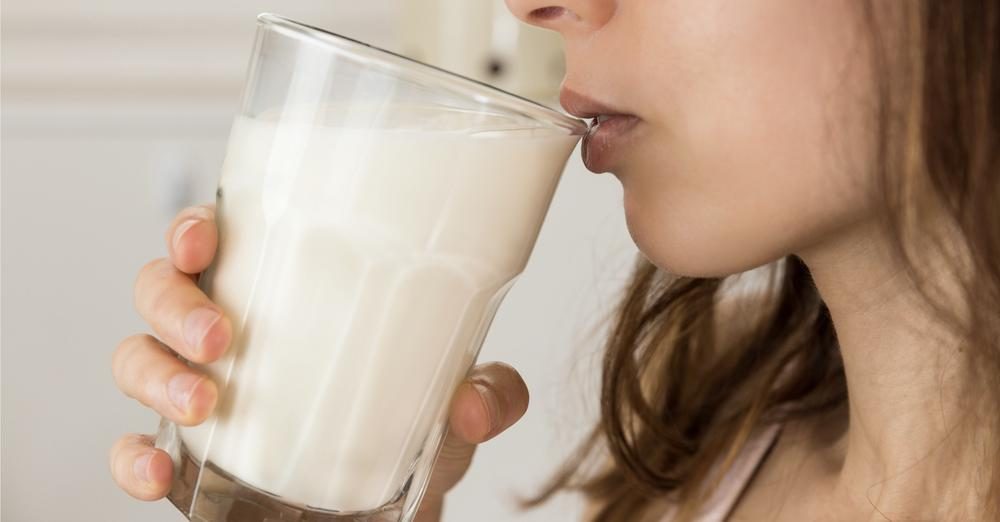Check out 9 widespread Myths about the Coronavirus – and why they are untrue!
The coronavirus continues to spread wide and across the globe. Fear continues to grow in the hearts of people as the number of incidents confirmed increases daily. However, it can be said that this fear of the disease is more damaging than the disease itself. This can be accrued to numerous myths about the infectious disease, so it is crucial that you learn the essential facts and not just rely on hearsay.
1. The coronavirus started with eating "bat soup."
;Resize,width=742;)
As of now, there is no scientific backing to support this widely-known saying. While it is true that the coronavirus occurs in bats, no research has ascertained that eating bat soups started it all.
What is, however, known is that the coronavirus spread from animals (not specifically bats) to humans in the wet market in Wuhan, China.
2. There is now a cure for the coronavirus

Albeit sad, this is regarded as a myth. Coronavirus is a viral infection, and much like the many others that are known, it cannot be treated with antibiotics! Also, antiviral drugs that are commonly used to treat other such infections are ineffective against coronavirus.
3. If you order or purchase products shipped from affected countries, you can become infected.

Research is still ongoing to ascertain this saying. However, it may be regarded a misconception as many other viral microbes like the coronavirus cannot stay alive too long outside a human host.
The highest chances of contracting the disease occur when you come into contact with an infected person. Remember, the virus is transmitted through droplets in the air.
4. Always wear a surgical mask to protect you from the coronavirus

Nowadays, many people purchase surgical masks to protect themselves from contracting coronavirus. However, reports share that these lightweight masks do nothing to protect you!
The only masks that can are the models of professional, tight-fitting respirators (such as the N95) that is commonly used by healthcare providers treating the affected population.
Note: The best form of protection against the coronavirus is always washing your hands and avoiding touching your face.
5. If you eat at a Chinese restaurant, you may contract the disease

This is blatantly untrue! This nearly unbelievable rumor has caused bad business for Chinese restaurants around the world, and it should be discouraged.
Remember, you can only get the COVID-19 when you come into contact with infected persons!
6. The coronavirus is the deadliest virus ever

This is a myth that many find believable because of the high incidence of coronavirus, as well as the level of mortality recorded thus far.
However, according to Ashish Sharma, MD, a hospital medicine specialist at Yuma Regional Medical Center in Arizona, many other viruses have a higher mortality rate.
7. You can protect yourself by spraying alcohol or sanitizing products on your body.

Spraying as many sanitizing products as you can, will do nothing to prevent you from getting infected when you come into contact with an infected person.
Frederick Davis, DO, associate chair, emergency medicine at Northwell Health, Long Island Jewish Medical Center shares that while these may effectively disinfect surfaces, they are not particularly useful since the COVID-19 enters the body through mucus layers like in the mouth and nose.
However, you should use sanitizers to keep your hands clean as many times you can during the day!
8. Everyone can get a coronavirus test at your physician or emergency department

As widespread as the disease has become, the confirmatory test for it is limited to people who recently traveled to affected countries, or have come into contact with infected persons.
However, healthcare providers are working hard to make the test widely available for use everywhere.
9. Don't travel at all while there is a coronavirus outbreak

This is untrue. If you love traveling, you can check through the CDC guidelines for travelers going to China, as well as other areas that have recorded cases like South Korea, Japan and Iran.
Unless you are fearful and prefer to stay safe, nothing should stop you from traveling. In fact, the WHO has announced that travel bans are ineffective in curbing the outbreak.
Again, remember always to wash your hands and avoid touching your face. Stay safe!
Sources:
CDC
;Resize,width=767;)
;Resize,width=712;)
;Resize,width=712;)
;Resize,width=712;)
